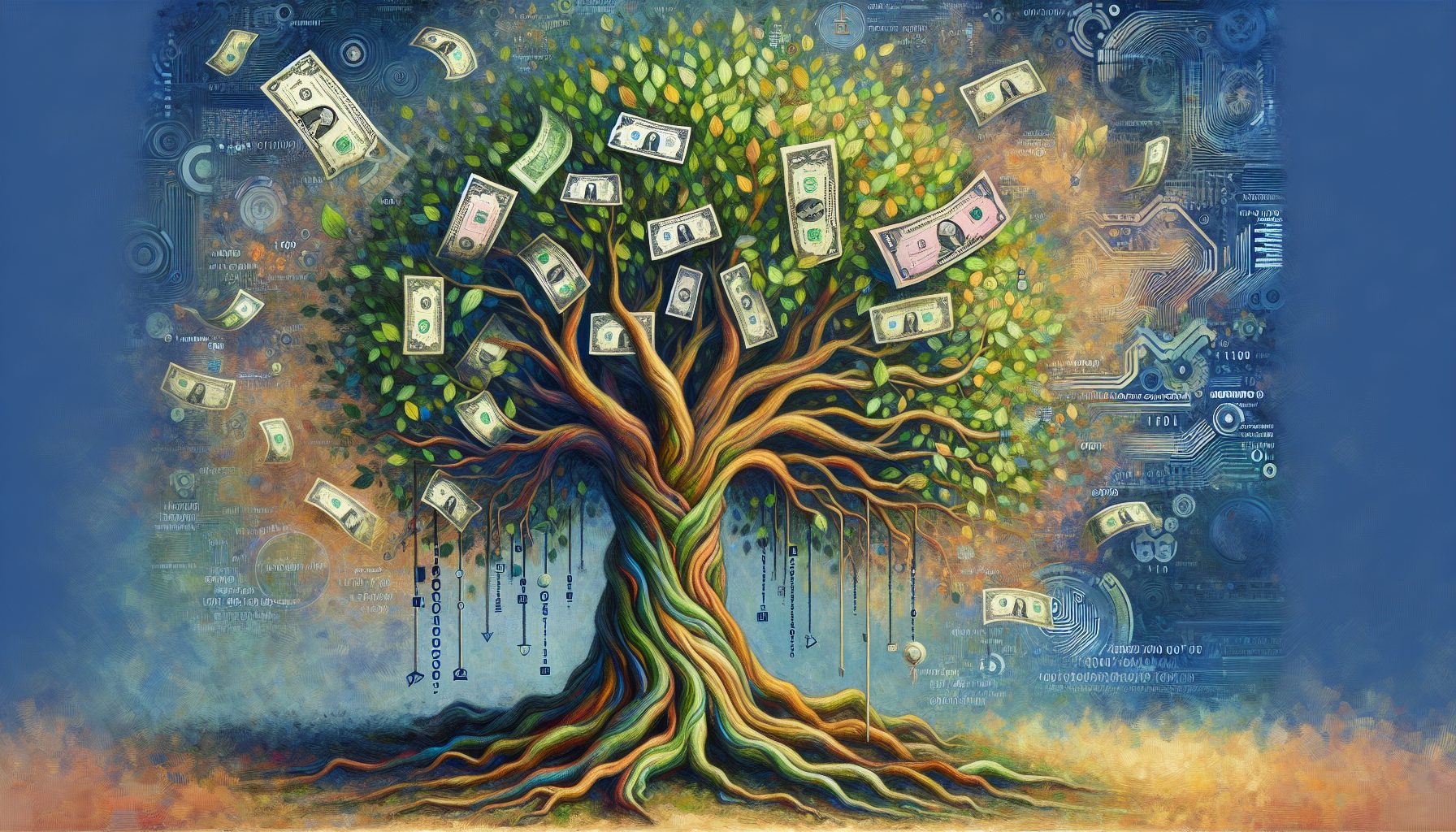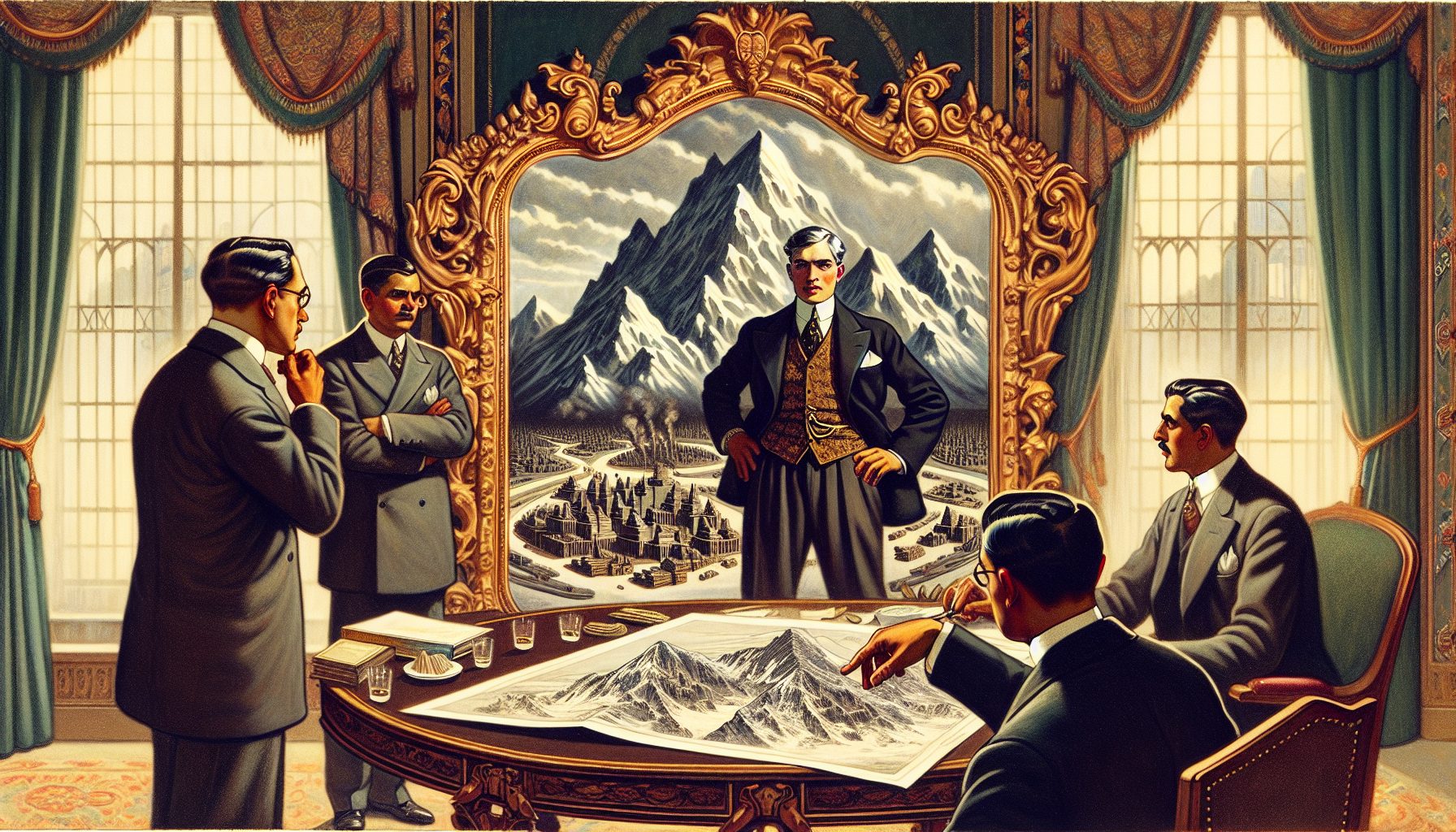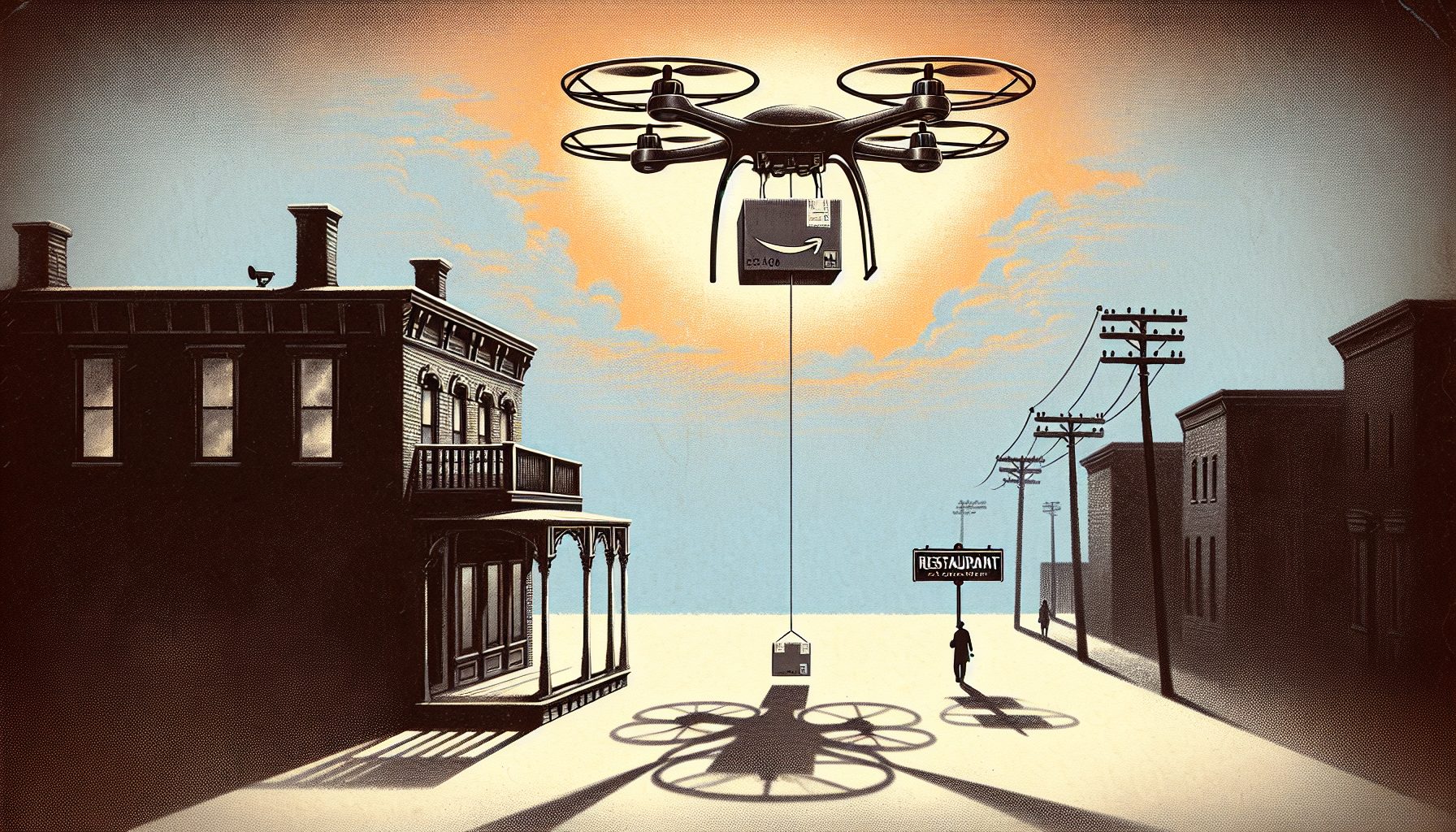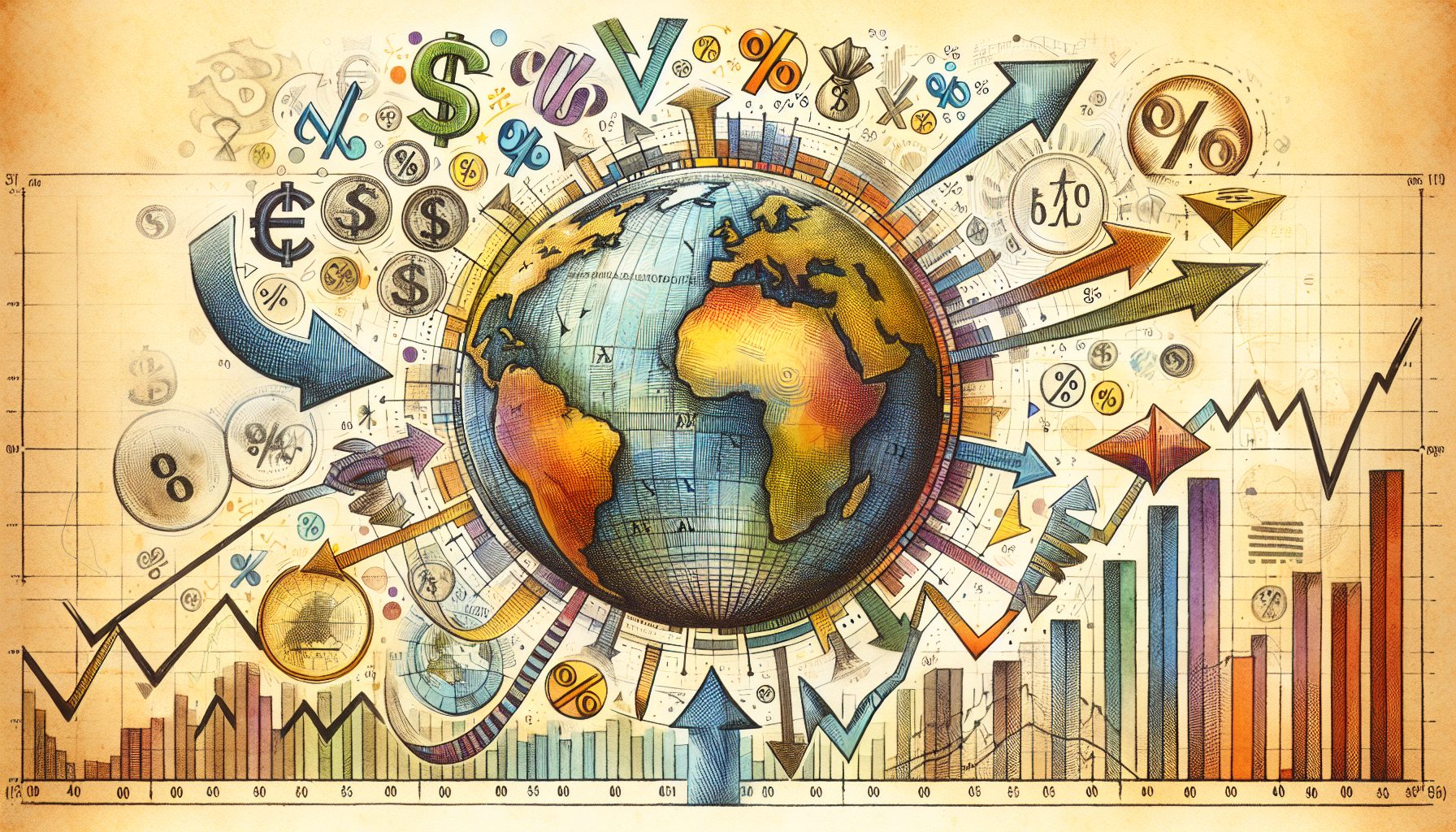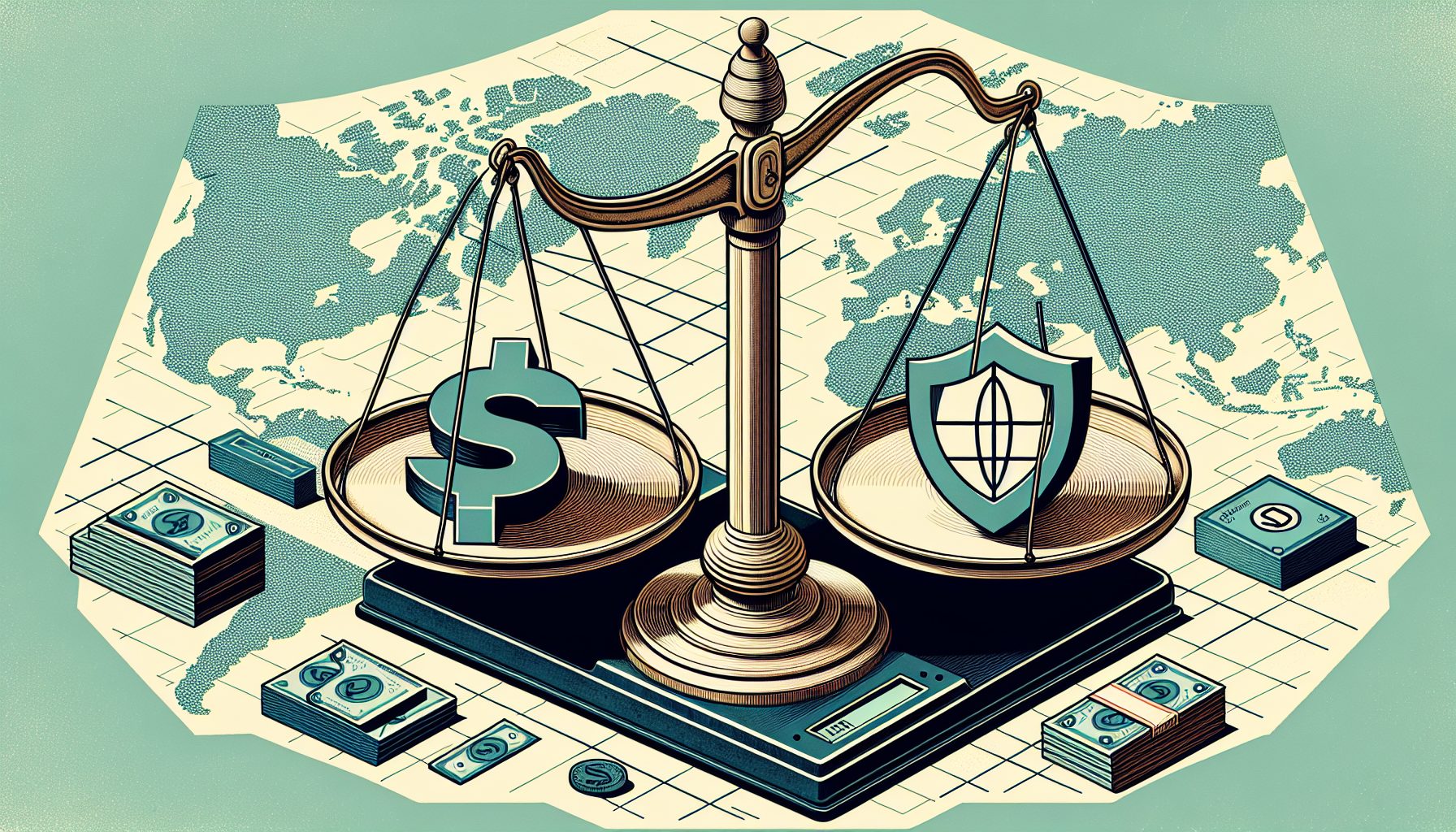WASHINGTON/LIMA (Reuters) – U.S. President-elect Barack Obama moved to reassure an anxious world over the weekend even before he takes office, picking two respected policymakers to lead the fight against the global financial crisis and setting out his battle plan.
Obama, who will inherit the worst economic mess since the Great Depression when he takes over from President George W. Bush on January 20, plans to nominate Timothy Geithner, president of the New York Federal Reserve Bank, as Treasury secretary, a transition official said.
Geithner, 47, will lead the United States’ $700 billion bailout plan for the financial industry.
Lawrence Summers, 53, who was Treasury secretary in the Clinton administration, will help shape policy as director of the White House National Economic Council, the official said.
The appointments should bring some cheer to the furrowed brows in world markets. U.S. stock prices, pummeled for most of last week, rallied more than 6 percent on Friday after word first leaked out that Geithner might take the helm at Treasury.
On Saturday, Obama laid out plans for a two-year economic stimulus package involving the creation of 2.5 million jobs.
He may also consider delaying a roll back in tax cuts on high-income Americans — an election promise — as part of his economic recovery strategy, aides said on Sunday.
“The main thing right now is to get this economic recovery package on the road, to get money in the pockets of the middle class, to get these projects going, to get America working again, and that’s where we’re going to be focused in January,” senior Obama adviser David Axelrod told Fox news channel.
In the latest international huddle to tackle the crisis, Asian and American leaders meeting in Lima, Peru pledged to push for a so-far elusive global free trade deal which they said would help keep the world from sliding into a deep recession.
Bush, Chinese President Hu Jintao, Japanese Prime Minister Taro Aso and other members of the Asia-Pacific Economic Cooperation group, or APEC, said they would refrain from raising trade barriers over the next 12 months.
They also supported overhauls of the International Monetary Fund (IMF) and the World Bank at a time when more countries need emergency bailouts to avert economic devastation.
“The current situation highlights the importance of ongoing financial sector reforms in our economies,” the leaders said in a statement.
They committed to try to reach a breakthrough in the stalled Doha round of trade talks before the end of this year.
China’s Hu said leaders must pay attention to the impact of the crisis on the developing world and provide it with support.
Japan was expected to reiterate an offer to give $100 billion to the IMF to prod other countries to chip in funds.


